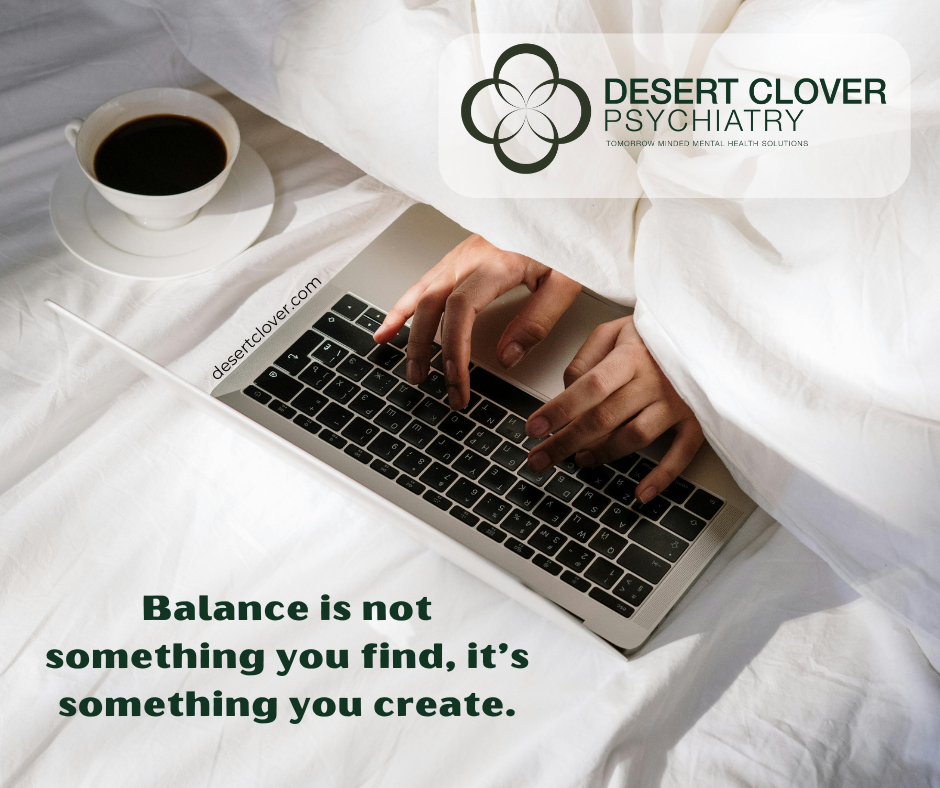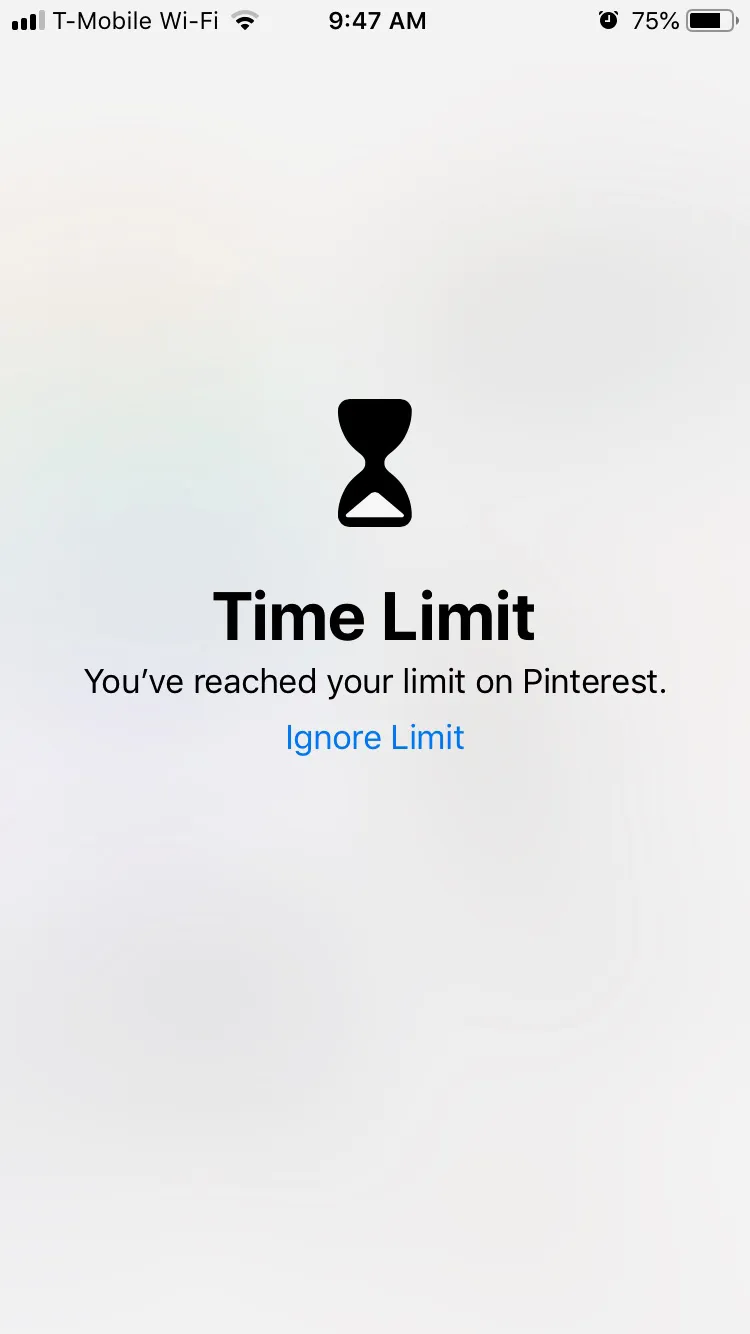Understanding Work-Life Balance
Work-life balance is a concept that is frequently discussed but often misunderstood. It’s more than just dividing your time evenly between work and personal life. Instead, it’s about creating a sense of harmony between the two, allowing you to fulfill your professional obligations while also enjoying your personal life.
Why It’s Important
Achieving a healthy work-life balance is essential for your mental health, overall productivity, and well-being. The modern work environment often demands high levels of commitment, time, and energy, which can make it challenging to disconnect from work-related responsibilities. When this happens, the stress and pressures of work can easily spill over into your personal life, leading to a range of negative outcomes, including burnout, strained relationships, and a significant decrease in your overall quality of life.
Burnout, characterized by chronic stress, exhaustion, and a sense of detachment from work, is a serious concern that can arise when work-life balance is neglected. According to the World Health Organization, burnout can lead to reduced professional efficacy and feelings of cynicism toward work, making it difficult to maintain both personal and professional satisfaction . Over time, the physical and emotional toll of burnout can lead to more severe health issues, such as depression, anxiety, and even cardiovascular problems.
Additionally, an imbalance between work and personal life can strain relationships with family and friends. When work consumes most of your time and energy, it can leave little room for meaningful interactions with loved ones. This lack of connection can lead to feelings of isolation and loneliness, further exacerbating stress levels and impacting your mental health. Moreover, the absence of personal time can prevent you from engaging in activities that bring you joy and relaxation, such as hobbies, exercise, or simply unwinding with a good book. These activities are crucial for recharging your energy and maintaining a positive outlook on life.
On the other hand, when you successfully manage to balance your professional responsibilities with your personal activities and self-care, you’re much more likely to feel fulfilled, energized, and better equipped to handle the demands and challenges of both spheres of your life. Studies have shown that individuals with a healthy work-life balance report higher levels of job satisfaction, increased productivity, and improved overall well-being . They are also more resilient in the face of stress and are better able to maintain strong, supportive relationships with those around them.
Common Challenges
In today’s fast-paced world, numerous factors can disrupt the harmony we strive to maintain between our work and personal lives. The demands of modern life often push us to prioritize work over everything else, leaving little time or energy for personal pursuits. This constant juggling act can lead to feelings of overwhelm, guilt, and even resentment as we struggle to meet the expectations of both our professional and personal roles. The pressure to succeed at work, coupled with the ever-present intrusion of technology and the complexities of managing personal responsibilities, can make achieving work-life balance feel like an impossible task. Yet, understanding these challenges is the first step toward addressing them.
Demanding Work Hours
Many professionals struggle with long hours or the expectation to be constantly available, making it difficult to disconnect and recharge.
Technology Overload
While technology can enhance productivity, it can also blur the boundaries between work and personal time, leading to an “always-on” mentality.
Personal Responsibilities
Juggling family, hobbies, and other personal commitments alongside work can create a sense of overwhelm if not managed properly.
Understanding these challenges and recognizing how they impact your life is the first step toward creating a work-life balance that works for you. In the following sections, we’ll explore practical strategies that can help you overcome these obstacles and build a life where work and personal fulfillment coexist.
Strategies for Achieving Work-Life Balance
Creating a work-life balance that works for you is a dynamic process. It requires ongoing effort, reflection, and adjustment as your life and work evolve. Here are several strategies that can help you navigate this journey and actively create the ideal balance.
Set Clear Boundaries
One of the most important steps in achieving work-life balance is setting clear boundaries between your work and personal life. This can involve establishing specific work hours and sticking to them, even if you’re working from home. When you’re “off the clock,” make a conscious effort to disconnect from work-related tasks and focus on your personal life. Research has shown that setting boundaries can help reduce stress and prevent burnout, as it allows your mind and body to recharge . For example, consider designating a specific area in your home for work, which can help create a physical separation between your work and personal spaces.
Prioritize Self-Care
Taking care of yourself is not a luxury—it’s a necessity. Self-care practices, such as regular exercise, sufficient sleep, and healthy eating, play a crucial role in maintaining your physical and mental health, which in turn supports your ability to manage both work and personal responsibilities. Studies have shown that individuals who engage in regular self-care activities report higher levels of well-being and productivity . Incorporating small self-care routines into your day, such as a short walk during lunch or a few minutes of meditation, can make a significant difference in your overall balance.
Manage Your Time Effectively
Time management is key to achieving work-life balance. Using time management techniques, such as the Eisenhower Matrix or the Pomodoro Technique, can help you prioritize tasks and make the most of your work hours, leaving more time for personal activities. These methods encourage you to focus on what’s truly important and to avoid getting bogged down by less critical tasks . Additionally, scheduling personal time, just as you would work appointments, ensures that you make time for activities that bring you joy and relaxation.
Delegate and Seek Support
You don’t have to do everything yourself. Learning to delegate tasks at work and at home can free up time for you to focus on what’s most important. Whether it’s assigning tasks to colleagues or enlisting help from family members, sharing responsibilities can reduce your workload and stress. Research suggests that delegating effectively not only improves your efficiency but also enhances the performance and satisfaction of those to whom you delegate . Additionally, building a support network, whether through friends, family, or professional communities, can provide emotional and practical assistance when you need it.
Mindful Technology Use
Technology is a double-edged sword when it comes to work-life balance. While it can enhance productivity and flexibility, it can also blur the boundaries between work and personal life. Mindful technology use involves setting limits on when and how you use technology. For instance, turning off work notifications after a certain hour, or setting aside specific times for checking emails, can help you maintain a clear separation between work and personal time . This practice can prevent the constant intrusion of work into your personal life and allow you to fully enjoy your downtime.
Flexibility and Adaptability
Finally, it’s important to remain flexible and adaptable as you work toward achieving balance. Life is constantly changing, and what works for you today might not work tomorrow. Regularly assess your work-life balance and be willing to make adjustments as needed. This could involve reassessing your priorities, changing your work schedule, or exploring new ways to manage your time and responsibilities . Flexibility is key to maintaining balance over the long term, allowing you to adapt to new challenges and opportunities as they arise.
Embracing Work-Life Balance as a Journey
Work-life balance is not a destination but an ongoing journey—one that requires continuous reflection, adjustment, and commitment.
Work-life balance is crucial for maintaining mental health, fostering strong relationships, and enhancing overall well-being. It allows us to bring our best selves to both our professional and personal lives, ensuring that neither is sacrificed at the expense of the other. Whether it’s setting clear boundaries, prioritizing self-care, managing time effectively, or seeking support, the steps you take today to create balance will pay dividends in the future.
In the end, balance is not something you find; it’s something you create. It’s about making intentional choices that align with your values and goals, and it’s about being flexible and adaptable as life’s demands evolve.
Are you struggling to find the right balance between work and personal life? You don’t have to navigate this journey alone. At Desert Clover Psychiatry, we’re here to help you create a healthier, more fulfilling life. Take the first step today by booking an appointment with one of our experienced therapists. Visit us at desertclover.com or call us at (602) 492-2121 to schedule your appointment. Let’s work together to achieve the balance.







